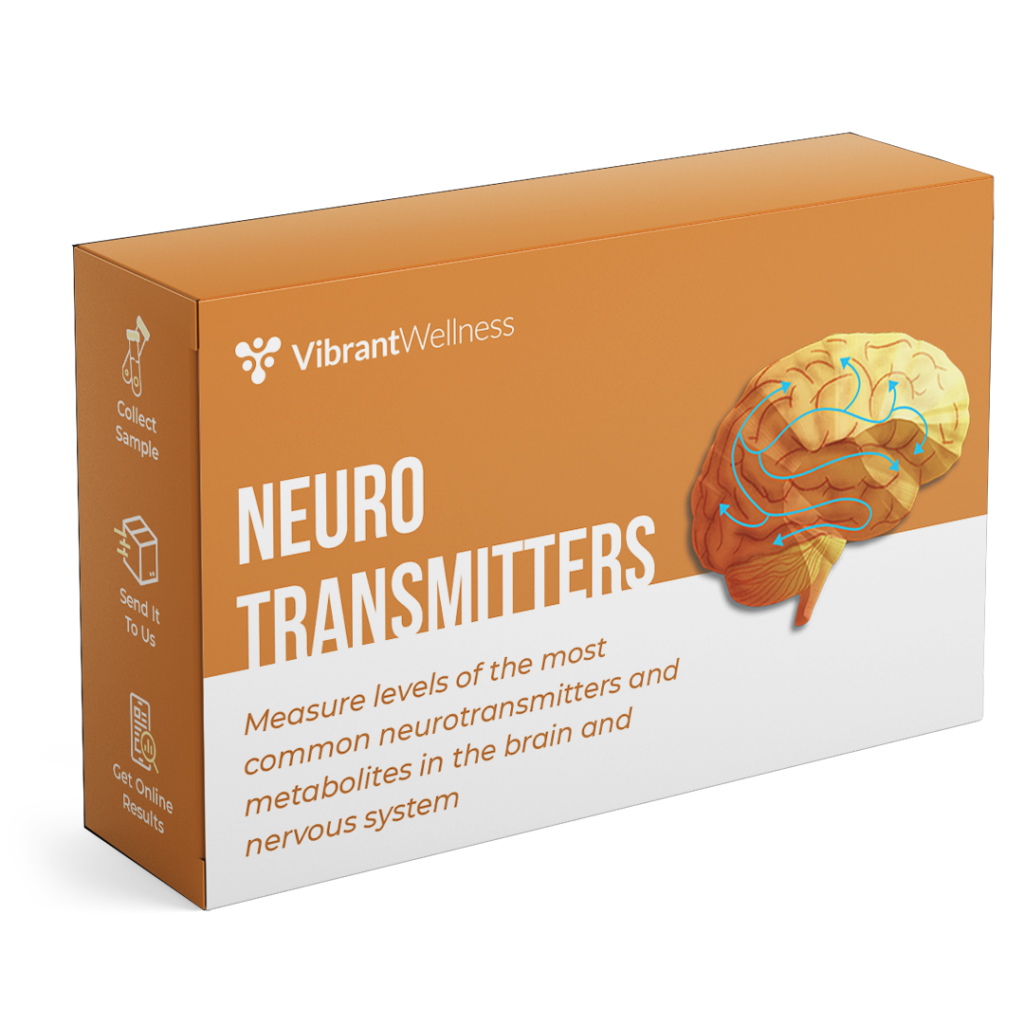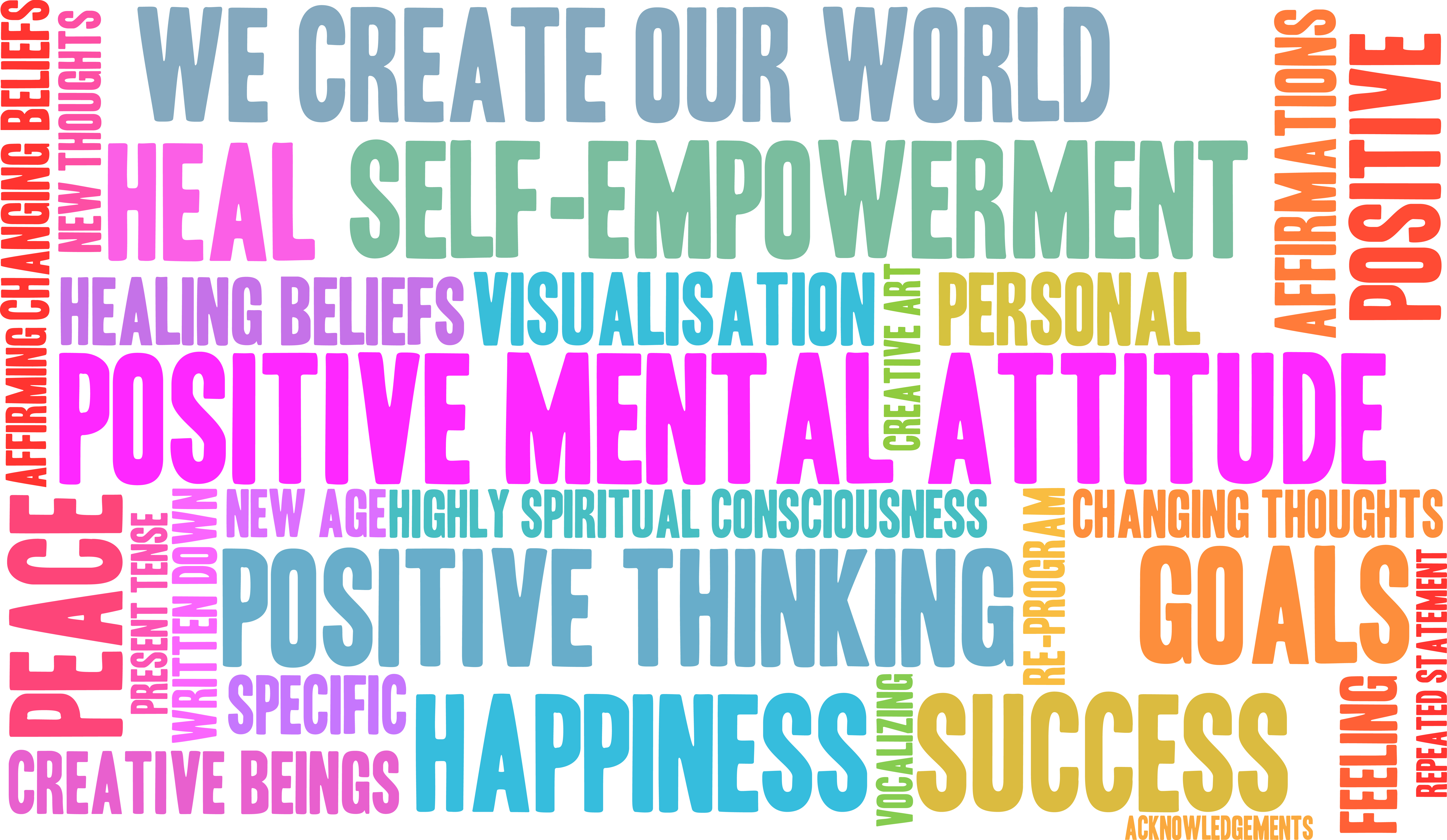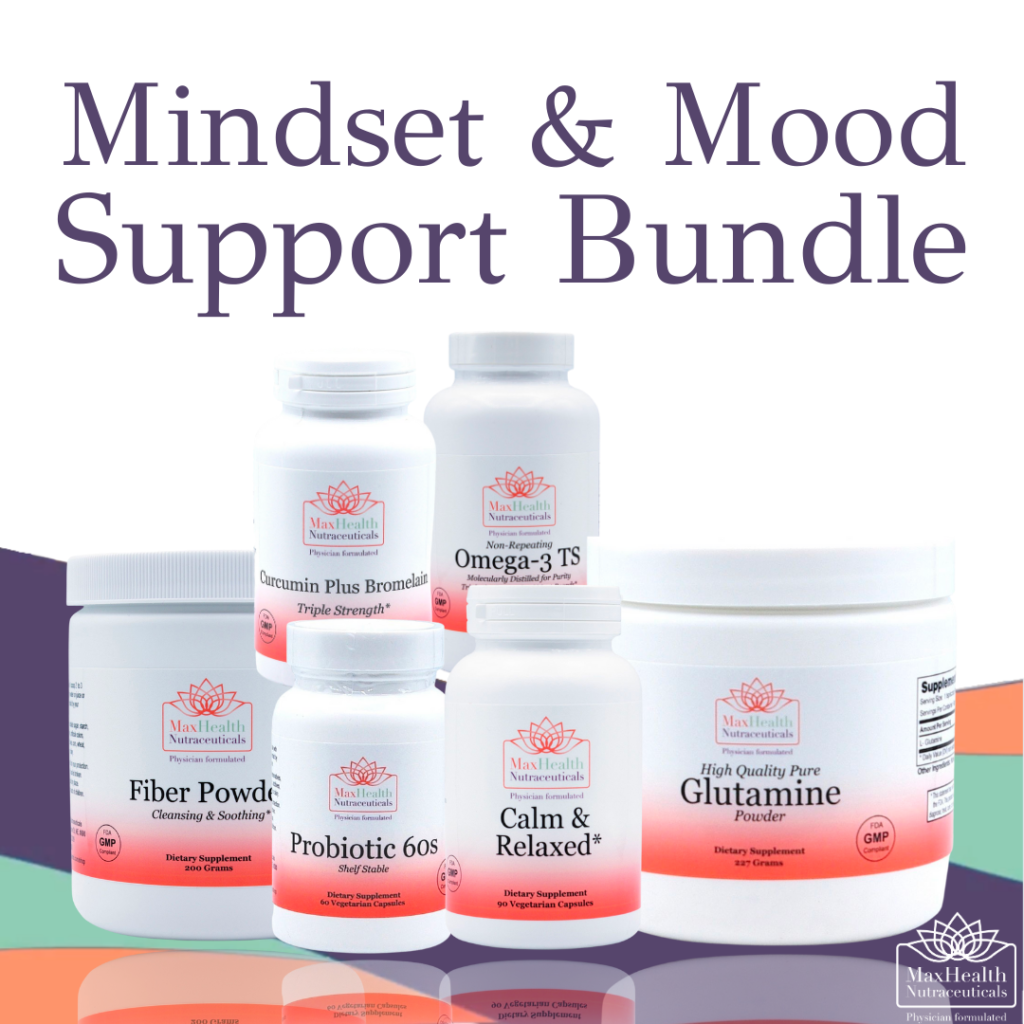

As our comprehension of mental health progresses, the significance of spiritual wellbeing in preserving psychological soundness is becoming more evident. Spirituality plays a significant part in shaping an individual’s outlook on life and their ability to cope with emotional distress. We will delve into various aspects of spirituality and its impact on one’s mental state.
We will discuss the benefits of spirituality on mental health, supported by research findings that establish a link between spiritual beliefs and overall well-being. Furthermore, we will explore different spiritual practices such as meditation techniques for inner calmness, mindfulness exercises promoting awareness, and gratitude practices that foster positivity.
In addition to these practices, we will examine how incorporating physical activity like yoga can contribute to both physical strength and spiritual growth. We also acknowledge the importance of nutrition and supplements in supporting brain health – including key nutrients necessary for optimal functioning and products like Vibrant Wellness Neurotransmitter Test.
Lastly, building community through spiritual connections is essential for social support during challenging times; therefore, we provide guidance on finding local groups or workshops as well as online forums for connecting with fellow seekers. By integrating spirituality into daily life through personal rituals or affirmations, as well as setting intentions, you can cultivate a more balanced approach towards your own spiritual mental health journey.

Minimize Medications. Maximize Health.
Are you super busy but need to take control of your health? Are you tired of being tired? Subscribe to my “Minimize Medications, Maximize Health Blog” and I’ll give you 7 Tips to Get Healthy in No Time absolutely FREE.
You have Successfully Subscribed!
The Importance of Spirituality in Mental Health
Developing a spiritual outlook, even without religious faith, can be beneficial to mental health and wellbeing. It helps individuals find meaning and purpose in life while fostering a sense of connection with others and the world around them. Studies suggest that engaging in spiritual practices can bring about a decrease in stress, uneasiness, and depression while enhancing durability.
Benefits of Spirituality on Mental Health
- Reduced Emotional Distress: Engaging in spiritual activities has been linked to lower levels of emotional distress, including feelings of hopelessness or sadness.
- Better Coping Mechanisms: Spiritual beliefs often provide people with healthy ways to cope with life’s challenges by offering a sense of comfort during difficult times.
- Social Support: Being part of a spiritual community offers opportunities for social interaction and building meaningful relationships which contribute positively to one’s mental health.
- Promotes Positive Emotions: Practicing gratitude or engaging in acts of kindness are examples where spirituality plays an essential role in nurturing positive emotions such as happiness or contentment.
Research Findings Supporting the Link Between Spirituality and Well-being
Studies have indicated a correlation between spirituality and psychological well-being, with evidence showing that those who practice prayer or meditation often experience fewer symptoms of mental health issues such as anxiety or depression, while also reporting higher levels of life satisfaction than those without strong religious beliefs. Moreover, individuals with strong religious beliefs tend to have better overall mental health and report higher levels of life satisfaction compared to those who don’t.
One study found that spiritual practices like meditation or prayer can effectively reduce symptoms associated with mental health issues such as anxiety, depression, and even schizophrenia. Another research conducted by the ISRN Psychiatry concluded that spirituality could indeed benefit mental health through various mechanisms such as fostering social support networks, promoting healthy lifestyle choices like physical activity or volunteering, and providing coping strategies during challenging times.
Engaging in spiritual practices can be a powerful tool for improving mental health, as well as enhancing other areas of one’s life. Whether you choose to engage in meditation sessions or attend spiritual gatherings, there’s no denying the positive impact these practices can have on someone’s life.
Spirituality can be a potent means of bettering mental health and overall wellbeing. Exploring different spiritual practices is an effective way to further benefit from the power of spirituality.
Key Thought:
Developing spirituality can significantly improve mental health by reducing emotional distress, providing better coping mechanisms, promoting positive emotions and social support. Studies suggest that engaging in spiritual practices like meditation or prayer can help improve mental health by reducing symptoms associated with anxiety, depression and schizophrenia while fostering a sense of connection with others and the world around them.
Exploring Different Spiritual Practices
If you’re curious about spiritual exploration, have no fear – there are many different practices available to explore. No need to adhere to a certain faith or set of beliefs; there are multiple spiritual practices that can be explored, allowing one to foster self-growth and mindfulness, while promoting empathy for yourself and others. Instead, there are various spiritual practices that focus on personal growth, self-awareness, mindfulness, and compassion for yourself and others. These practices can help cultivate inner peace and contribute significantly towards improved mental health. Let’s explore some of these techniques for cultivating inner peace and improved mental health.
Meditation Techniques for Inner Calmness
Meditation is an ancient practice with numerous benefits for mental health. It involves training your mind to focus on a single point or thought while letting go of distractions. There are many different meditation styles available – from loving-kindness meditation, which fosters positive emotions towards yourself and others; to guided meditations, where someone leads you through visualization exercises aimed at relaxation or stress reduction.

Mindfulness Exercises Promoting Awareness
Becoming more mindful means being fully present in each moment without judgment – something we could all benefit from. Practicing mindfulness helps us become aware of our thoughts, feelings, bodily sensations as well as our surroundings without getting caught up in them. This awareness has been shown to reduce emotional distress associated with mental health problems such as anxiety and depression.1 Some simple mindfulness exercises include focusing on your breath or engaging in a mindful walk, where you pay attention to each step and the sensations it brings.
Practicing Gratitude to Foster Positivity
Gratitude practice is another powerful tool for enhancing mental health. Regularly recognizing and expressing appreciation for the good in our lives can help us to turn away from thoughts that lead to emotional suffering. To start practicing gratitude, try keeping a daily journal where you list three things you’re grateful for or share your appreciation with someone who has made a positive impact on your life.
Incorporating these spiritual practices into your routine doesn’t have to be time-consuming – even just dedicating 10-15 minutes per day can make a significant difference in improving mental health and overall quality of life. So go ahead, explore different techniques, find what resonates with you, and embark on this journey towards greater self-awareness and inner peace.
Investigating distinct spiritual techniques can assist us in cultivating an atmosphere of internal tranquility and satisfaction. Yoga is another powerful tool that helps to build physical strength while also promoting spiritual growth.
Key Thought:
We explore different spiritual practices that can help improve mental health, including meditation techniques for inner calmness, mindfulness exercises promoting awareness, and practicing gratitude to foster positivity. These practices can be easily incorporated into your routine and have been shown to reduce emotional distress associated with mental health problems such as anxiety and depression. So go ahead and dive in.
Yoga for Physical Strength & Spiritual Growth
While yoga is often praised for its physical benefits, such as increased strength and flexibility, it also holds immense potential in developing your spiritual side. By connecting body, mind, and spirit through mindful movements, yoga can lead to improved emotional balance along with enhanced self-awareness. This contributes towards holistic wellness that encompasses both mental health and overall well-being.
Various styles of yoga suitable for different needs
The beauty of yoga lies in the variety of styles available to suit individual preferences and requirements. For the busy professional seeking stress relief, or those with chronic health conditions aiming to improve their quality of life, Hatha Yoga offers a gentle practice focusing on basic postures and breathwork – perfect for beginners. Some popular options include:
- Hatha Yoga: A gentle practice focusing on basic postures and breathwork; ideal for beginners.
- Vinyasa Yoga: A dynamic flow linking movement with breath; great for building strength and endurance.
- Kundalini Yoga: Combines meditation techniques with physical exercises designed to awaken dormant energy within the body; perfect if you’re seeking spiritual growth alongside physical fitness.
- Iyengar Yoga: Emphasizes precise alignment using props like blocks or straps; beneficial if recovering from injuries or managing chronic pain issues.
Incorporating breathwork into your yoga routine
Breathwork plays an essential role in any effective yoga practice by helping practitioners connect more deeply with their inner selves while promoting relaxation. Ujjayi Pranayama, also known as “ocean breath” or “victorious breath,” is a popular breathing technique in yoga that involves taking slow, deep inhalations through the nose while slightly constricting the back of your throat to create a soothing sound similar to ocean waves. The result is a soothing sound reminiscent of ocean waves that can help you stay focused and present during your practice.
Another powerful breathing exercise worth exploring is Kapalabhati Pranayama, commonly referred to as “breath of fire.” This invigorating technique consists of short, forceful exhalations followed by passive inhalations. It’s particularly beneficial for energizing both body and mind while promoting mental clarity.
By incorporating these breathwork practices into your daily yoga routine, you’ll not only enhance physical strength but also foster spiritual growth through increased self-awareness and emotional balance. So why wait? Roll out that mat and embark on a transformative journey towards better mental health today.
Yoga is a powerful tool for both physical and spiritual strength, allowing practitioners to develop the body’s resilience while cultivating mindfulness. Nutrition and supplements can further support our mental health by providing key nutrients necessary for optimal brain function.
Key Thought:
Yoga can improve physical strength and spiritual growth by connecting body, mind, and spirit through mindful movements. Different styles of yoga cater to individual needs such as Hatha Yoga for beginners or Kundalini Yoga for those seeking spiritual growth alongside physical fitness. Incorporating breathwork practices like Ujjayi Pranayama or Kapalabhati Pranayama into daily routines enhances self-awareness, emotional balance, mental clarity while promoting relaxation and energizing the body and mind.
Nutrition & Supplements Supporting Brain Health
Did you realize that the nutrition we consume has a direct effect on our mental wellbeing? That’s right. A healthy diet plays a crucial role in maintaining optimal brain function, which affects our emotions and mood states. Ensuring adequate intake of essential vitamins and minerals supports neurotransmitter production – vital chemicals responsible for regulating cognitive processes, including memory formation and emotional regulation. Let’s dive into some key nutrients necessary for brain health and explore how the Vibrant Wellness Neurotransmitter Test can help.
Key Nutrients Necessary for Brain Health
- Omega-3 Fatty Acids: These essential fats are critical for brain development, reducing inflammation, and promoting overall cognitive function. Sources include fatty fish (like salmon), walnuts, flaxseeds, chia seeds, and algae-based supplements.
- B Vitamins: B-complex vitamins play an important role in producing energy within cells as well as supporting neurotransmitters’ synthesis. Foods rich in B-vitamins include whole grains, legumes, leafy greens, nuts/seeds.
- Vitamin D: Known as the “sunshine vitamin,” Vitamin D is crucial not only for bone health but also proper nerve growth factor production. Get your daily dose from sunlight exposure or consider taking a supplement if needed.
- Magnesium: This mineral helps regulate stress hormones while also playing a part in nerve transmission & muscle relaxation: crucial factors affecting mental well-being. Found in magnesium-rich foods such as dark chocolate (yum!), avocados.
Vibrant Wellness Neurotransmitter Test
A balanced diet may not always provide all the essential nutrients needed for optimal brain health, so supplementation can help bridge any gaps and keep neurotransmitters working optimally. That’s where supplements come in. They can help fill any gaps and ensure your neurotransmitters are firing on all cylinders. You can test for deficiencies in your neurotransmitters using the Vibrant Wellness Neurotransmitter Test.

This comprehensive test measures levels of important hormones and chemicals in the brain and peripheral nervous system that are essential for a healthy mind. By assessing any discrepancies or inadequacies, you can make knowledgeable decisions regarding the types of supplements to take (or changes in lifestyle to apply) for maximum mental health.
Incorporating targeted supplementation based on individual needs ensures that our brains receive adequate support, ultimately leading to improved psychological well-being.
Remember: Before beginning any supplement program, particularly if you have existing medical conditions or are taking medications, it is essential to consult with a healthcare professional.
Nutrition and supplements are essential components of supporting brain health, as they provide key nutrients necessary for optimal functioning. Building community through spiritual connections is the next step in developing a holistic approach to mental wellness.
Key Thought:
Eating a healthy diet is crucial for maintaining optimal brain function and emotional regulation. Key nutrients like Omega-3 Fatty Acids, B Vitamins, Vitamin D, and Magnesium play an important role in supporting neurotransmitter production. The Vibrant Wellness Neurotransmitter Test can help identify deficiencies or imbalances to optimize mental health with targeted supplementation.
Building Community Through Spiritual Connections
Connecting with individuals who have similar values or beliefs can be a strong method of cultivating one’s spiritual advancement. Engaging in group activities or joining communities centered around spirituality can provide support, encouragement, and opportunities for learning from others’ experiences.
Finding Local Spiritual Groups or Workshops
If you’re looking to build your spiritual community, start by exploring local groups and workshops that focus on practices such as meditation, mindfulness, yoga, and other holistic approaches to mental health. Gatherings of this type can be a great way for busy individuals to meet others who are also interested in taking charge of their wellbeing through integrative treatments and life changes. To find events near you, check out websites like Meetup, which allows users to search for interest-based groups within their area.

Online Forums & Social Media Platforms for Connecting With Fellow Seekers
In today’s digital age, finding people with similar interests has become easier than ever. Online forums dedicated to topics related to spirituality and mental well-being offer valuable resources where members can ask questions, seek advice from experienced practitioners, or simply engage in meaningful conversations about their journey towards improved psychological well-being. Some popular platforms include the Spirituality subreddit on Reddit and various Facebook groups focused on specific spiritual practices.
- Mental Health & Spirituality: This Facebook group encourages open discussions about the relationship between mental health issues (such as anxiety disorders) and personal spirituality.
- Mindfulness Meditation Practice Group: A supportive online space where members can learn more about mindfulness techniques while sharing their own experiences with this powerful practice.
- Yoga for Mental Health: A community of yoga enthusiasts who are passionate about using the ancient practice to improve their mental and emotional well-being.
In addition to forums, social media platforms like Instagram can also be a great source of inspiration and connection. By following accounts that share content related to spirituality, mindfulness, or mental health in general, you’ll have access to daily reminders and motivation as you work towards your own personal growth. Some popular hashtags include #spiritualmentalhealth, #mindfulnesspractice, and #yogatherapy.
Remember that while online connections can provide valuable support on your spiritual journey, it’s important not to neglect the benefits of face-to-face interactions with others who share your interests. In-person gatherings offer unique opportunities for deeper conversations and more meaningful relationships – so don’t hesitate to seek out local events or workshops where you can connect with fellow seekers in real life.
Forming links with those taking a comparable religious course can enable us to create strong connections and assist each other in our advancement. With this foundation established, it is now possible to integrate spirituality into daily life for increased mental health benefits.
Key Thought:
Building a community through spiritual connections can help nurture one’s spiritual growth. Finding local groups or workshops and connecting with fellow seekers online through forums, social media platforms, and hashtags like #spiritualmentalhealth, #mindfulnesspractice, and #yogatherapy can provide valuable support on your journey towards improved psychological well-being.
Integrating Spirituality into Daily Life
Developing spirituality doesn’t require drastic changes; it can be easily integrated into daily routines by incorporating small practices that promote mindfulness, self-reflection, and compassion. Incorporating spirituality into your life can lead to positive psychological and physical outcomes, allowing you to craft a special spiritual journey.
Creating a Personal Morning or Evening Ritual
Kick-start your day with intention by establishing a morning ritual that sets the tone for positivity and productivity. Alternatively, unwind from the day’s stressors with an evening routine designed to foster relaxation and reflection. These rituals can include activities such as meditation, journaling, reading inspirational texts, or simply spending time in nature – anything that resonates with you on a deeper level.
- Meditation: Start your day with just 10 minutes of silent meditation to clear your mind and set intentions for the day ahead.
- Journaling: Reflect on your thoughts, feelings, or experiences at the end of each day through writing – this practice promotes emotional processing and self-awareness.
- Inspirational Reading: Begin or end your day by reading uplifting books or articles related to spirituality which will help expand your understanding and perspective on life’s challenges.
Setting Intentions and Practicing Affirmations
Believing in the potential of positive thinking to bolster psychological health is essential. By setting specific intentions for each aspect of our lives (e.g., work-life balance), we create clarity around our goals, allowing us to stay focused and motivated. Intention-setting can be as simple as writing down your desired outcomes or visualizing them in detail during a quiet moment.
In addition to setting intentions, practicing daily affirmations is another powerful tool for cultivating positivity and boosting self-esteem. Affirmations are positive statements that we repeat to ourselves either mentally or aloud – they help rewire our thought patterns by replacing negative beliefs with empowering ones. For example:
- “I am worthy of love and respect.”
- “I am capable of achieving my goals.”
- “I am grateful for all the blessings in my life.”
Maintaining Physical Activity and Social Support
Physical activity has been proven time and again to have a positive impact on mental health. Incorporating regular exercise into your routine not only improves mood but also helps alleviate symptoms of anxiety, depression, stress-related disorders, among others. Choose activities you enjoy such as yoga, walking in nature, or dancing – this will ensure consistency while promoting spiritual growth through mindful movement.
Besides physical well-being, nurturing social connections plays an essential role in maintaining emotional stability and overall happiness levels. Engage with like-minded individuals who share similar spiritual beliefs – these relationships provide valuable support during challenging times while fostering personal growth through shared experiences.
Key Thought:
Integrating spirituality into daily life can be done through small practices that promote mindfulness, self-reflection, and compassion. Creating a personal morning or evening ritual such as meditation, journaling, reading inspirational texts or spending time in nature can help improve mental health and overall well-being. Additionally, setting intentions and practicing affirmations while maintaining physical activity and social support are powerful tools for cultivating positivity and boosting self-esteem.
Spirituality embraces all religions because it recognizes that all of them are different paths to the same destination.
If you’d like to further cultivate your spirituality, consider these ideas:
1. Practice openness.
Our tendency is to judge things by our past experiences. When faced with something new, try to keep an open and non-judgmental mind. New opportunities to learn and expand your perspective are all around you. Attaining a higher sense of spirituality requires being open to the possibilities.
2. Learn to listen.
Few people really listen. Most of us are simply waiting for our turn to talk. But it’s not just about listening with your ears. It’s about listening with your heart to hear what the world is trying to communicate to you.
3. See the beauty in people, things, and situations.
Part of spirituality involves seeing the truth. There is beauty to be found in nearly everything and recognizing it is part of recognizing the truth.
- When you see the truth, you come to realize there are very few things to worry about.

4. Spend some time in nature.
There are few things more spiritual than sitting in nature with the sun on your face and the breeze pressing against your back. Experience the trees, grass, flowers, and birds.
5. Look for the bigger picture.
The mere act of wondering about the universe and what it all means is an exercise is spirituality.
- Consider your purpose and true meaning to the world. What is the greatest gift you have to give?
6. Spirituality is ultimately about self-discovery.
It can be considered the art and science of discovering who and what you really are.
7. Stay focused on the present.
Living in the past or the future isn’t living. Life can only be lived right now. Part of being spiritual is recognizing that living a positive life today leads to good things tomorrow.
- Spend time each day focusing only on the moment you’re currently experiencing.
- By focusing on your thoughts, words, and actions today, you have the ultimate amount of control over your life.
8. Love yourself.
If you don’t love yourself, how will you ever feel comfortable enough to present your true self to the world? We’ve all done things the wrong way and come up short numerous times, but it doesn’t define us. It merely describes us in a certain situation at a certain time.
9. Allow yourself to be inspired.
To fully learn about yourself, it’s important to experience new things. Meet new people and read new books. Only by being exposed to everything that interests you can you learn everything there is to know about yourself.
If you’ve ever been dissatisfied with your life and thought, “There must be something more” you’re absolutely right. There’s a whole lot more. Learning about yourself and your place in the world might even be the true meaning of life. But that’s for you to decide and discover.
I would love to give you a free resource sheet to support your quest for a healthy mindset. Click the button below to receive your gift.
I really wanted to talk about this topic today because I wanted to share some lifestyle-based strategies to improve your overall mindset and mental health, which in turn improves your life. You must do the internal work to improve your overall health. You can do this by learning what motivates you and working each day on improving your mindset. Your thoughts control your feelings, which controls your behavior. You can cultivate certain behaviors and practices that will not only enrich your life, but that you can pass on to your family, friends, and community, so that you can leave a legacy of health to your loved ones.
If you are familiar with my approach, I use functional medicine and lifestyle medicine as the first line of treatment, before medications, to treat lifestyle-related chronic diseases. Lifestyle-related chronic diseases include diabetes, hypertension, obesity, some cancers, just to name a few. Lifestyle modifications, such as stress reduction and mindfulness exercises, can help you feel better about yourself and your life. In certain cases, these approaches may even outperform pharmaceutical therapy.
But I always tell my patients that conventional medications may be appropriate at this time to prevent catastrophic illness, but over time, you can work to make the necessary lifestyle changes to possibly reduce and/or eliminate medications. Please remember to always consult your physician for your particular needs and circumstances prior to making any decisions whatsoever.
Is Dietary Supplementation Right For You?
Did you know that what you eat can have a significant impact on your mood and mindset? A poor diet can lead to decreased energy levels, low moods, and even depression. Conversely, a healthy diet can improve your mood, help you feel more energetic, and boost your overall sense of well-being.
For some people, vitamin and mineral supplements offer important health benefits. Supplements are designed to fight deficiencies found in our diet and complement the food we eat regularly. Supplements are basically “helping hands” to our daily food.
When stress, anxiety, and depression creep in, it can be difficult to stay motivated and keep your head in the game. Fortunately, dietary supplementation can help. Certain vitamins, minerals, herbs and other natural ingredients have been shown to improve moods and reduce stress levels.
For example, B vitamins (such as B6 and B12) are essential for maintaining healthy brain function and producing energy. Omega-3 fatty acids, which can be found in fish oil supplements, are known to reduce stress hormones and promote relaxation. Magnesium is also important for mental health – it helps regulate stress hormones, reduce anxiety levels and improve quality of sleep.
In addition to these supplements, there are also a number of herbal remedies that can help with stress management. Herbs such as lavender, chamomile and passionflower can be helpful for calming the body and reducing stress levels. Valerian root is another popular stress-relieving herb – it helps to relax the mind and promote restful sleep.
Ultimately, dietary supplementation can play an important role in improving your mindset and mood. If you’re feeling stressed or down, consider adding some of these supplements to your daily routine! They may just be the key to unlocking your mental wellbeing.
So… if you are unable to eat better and need supplementation, the supplements in my Mindset and Mood Support Bundle may provide the extra boost you need.
These are my favorite Mood Support Supplements to use! This Mindset and Mood Support Bundle will ensure you have the intake of the important vitamins, minerals, and probiotics to decrease inflammation and boost your innate wellness day and night. Taken together, it’s a solid plan for increasing your body’s natural resiliency while you improve your sleep, decrease your stress, and improve your mental clarity, naturally.
Tools For Motivation And Mindset
Meditating
Although you don’t need a cushion to meditate, you may want to consider using one at some point. You could meditate in a chair, or simply sit on the floor if you want. You can also use pillows or cushions from your furnishings to try out. Cushion, chair, bench, floor – it’s all good. Eventually, though, if you’re not sitting upright on a chair, you’ll probably do well to buy a dedicated meditation cushion. The cushion will support your sitting posture and help you create an appealing mindfulness corner that will encourage you to practice every day. I recommend this meditation cushion and mat bundle.
Journaling
If you struggle with stress, depression, or anxiety, keeping a journal can be a great idea. Even if you don’t have these conditions, journaling can enhance your life in many ways. Having difficulty processing your thoughts and emotions? Journaling can help clear that mental clutter and move towards a positive mindset. Research suggests that keeping a journal can have positive impacts on both mental and physical health. So, to start you on your journey, I recommend this self care journal.
Yoga
Yoga can be a great way to improve your strength and flexibility, manage your stress, improve your heart health, and lose weight! I recommend using a grounded yoga mat to connect yourself with the earth and reduce inflammation.
Food!
Remember, living a healthy lifestyle including eating a whole foods plant-based diet, regular physical activity, meditation and mindfulness, as well as healthy and supportive relationships are the best ways to support mental health.
Please talk with your doctor about any complementary health approaches, including supplements, you use. Let me know what you think in the comment section below.
PLEASE NOTE: If you or someone you know is experiencing severe stress, anxiety, depression and/or other mental health issues, please contact SAMHSA’s National Helpline, 1-800-662-HELP (4357), (also known as the Treatment Referral Routing Service) or TTY: 1-800-487-4889. This is a confidential, free, 24-hour-a-day, 365-day-a-year, information service, in English and Spanish, for individuals and family members facing mental and/or substance use disorders. This service provides referrals to local treatment facilities, support groups, and community-based organizations. Callers can also order free publications and other information.
Spiritual Mental Health FAQs
Spirituality contributes to mental health by providing a sense of purpose, meaning, and connection. It can help you cope with stress, anxiety, and depression by promoting inner peace and resilience. Spiritual practices like meditation, mindfulness exercises, and gratitude foster positivity and emotional well-being. Research has shown that spirituality is associated with improved psychological outcomes.
Yes, spiritual health is an essential component of overall mental health. It encompasses the beliefs, values, and practices that provide meaning in one’s life. A strong spiritual foundation can enhance emotional well-being by offering coping mechanisms during challenging times while also fostering personal growth through self-reflection. Studies have demonstrated a positive relationship between spiritual well-being and mental health.
Mental-spiritual-health practices include activities aimed at nurturing both mind and spirit for overall well-being such as:
- Meditation techniques for inner calmness
- Mindfulness exercises promoting awareness
- Practicing gratitude to foster positivity
- Incorporating yoga or breathwork into daily routines
- Cultivating connections within supportive communities or groups focused on personal growth
The link between spirituality and health lies in their interconnected nature; both play crucial roles in maintaining overall wellness. Spirituality influences physical and mental health by providing a sense of purpose, connection, and coping mechanisms. Research suggests that individuals with strong spiritual beliefs often experience better mental health outcomes, lower stress levels, and enhanced immune function.
Final Thoughts
Ultimately, spirituality has a considerable influence on psychological health and welfare. Research has shown that incorporating spiritual practices such as meditation, mindfulness, gratitude, yoga, proper nutrition, and supplements can benefit mental health and have a positive impact on someone’s life.
By building a community through spiritual connections and integrating spirituality into daily life with personal rituals and affirmations, we can improve our psychological well-being and social support system.
If you’re interested in learning more about how to integrate Spiritual Mental Health into your daily routine, visit DrNicolleMD.com for additional resources.
Dr. Nicolle Martin
Some of the links in this article are "affiliate links", a link with a special tracking code. This means if you click on an affiliate link and purchase the item, we will receive an affiliate commission.
The price of the item is the same whether it is an affiliate link or not. Regardless, we only recommend products or services we believe will add value to our readers.
By using the affiliate links, you are helping support our Website, and we genuinely appreciate your support.
Last updated on June 1st, 2023 at 12:10 am

Minimize Medications. Maximize Health.
Are you super busy but need to take control of your health? Are you tired of being tired? Subscribe to my “Minimize Medications, Maximize Health Blog” and I’ll give you 7 Tips to Get Healthy in No Time absolutely FREE.








